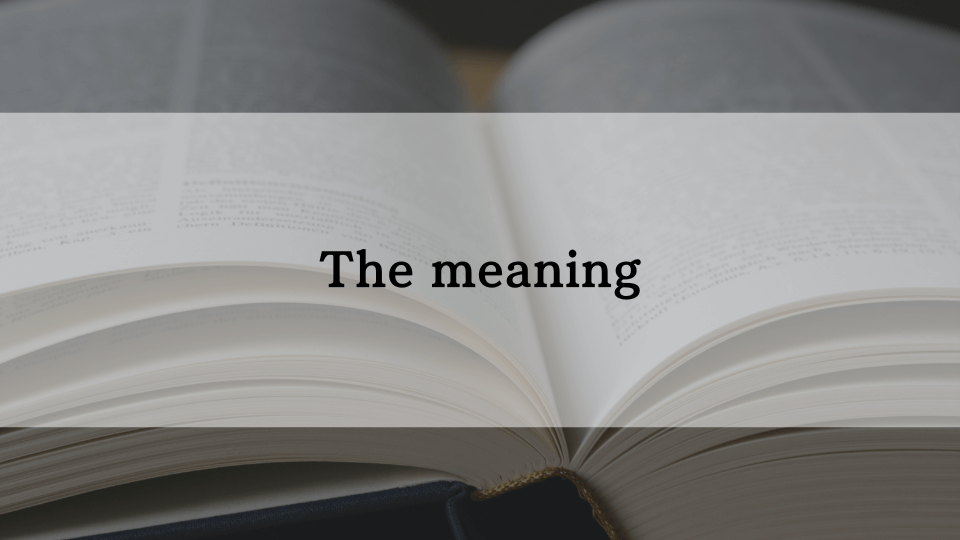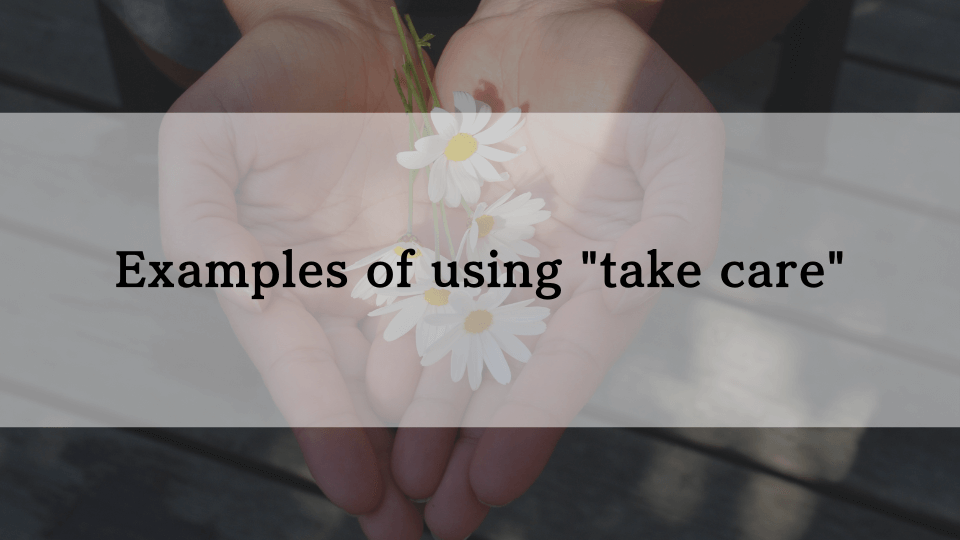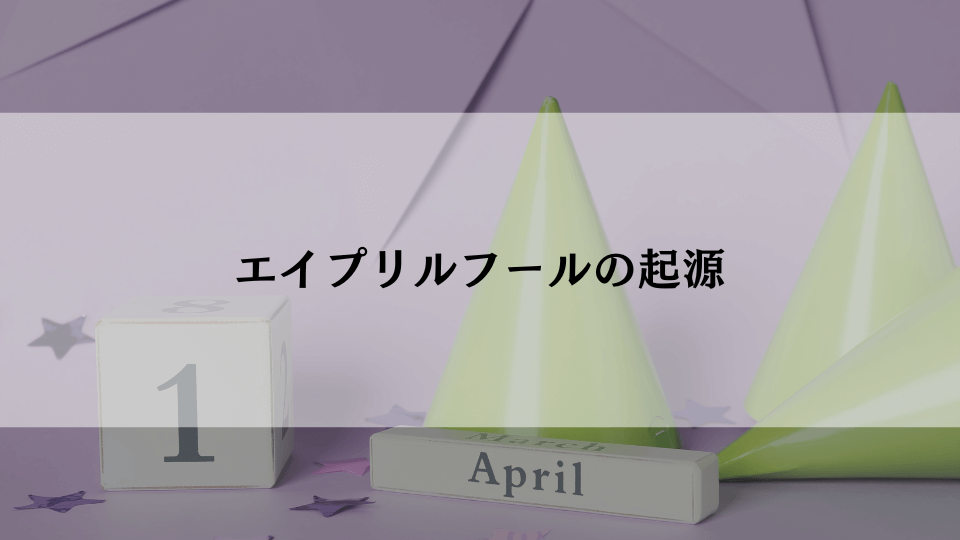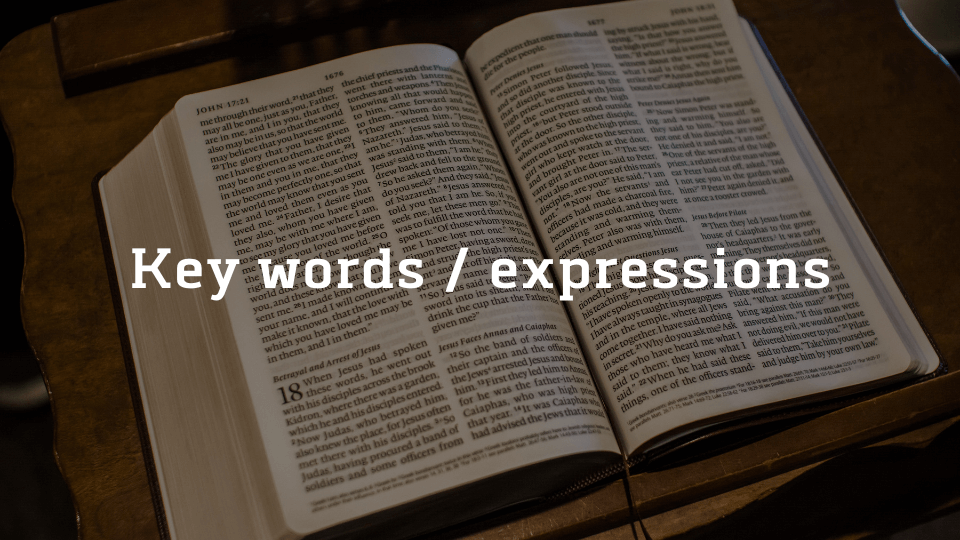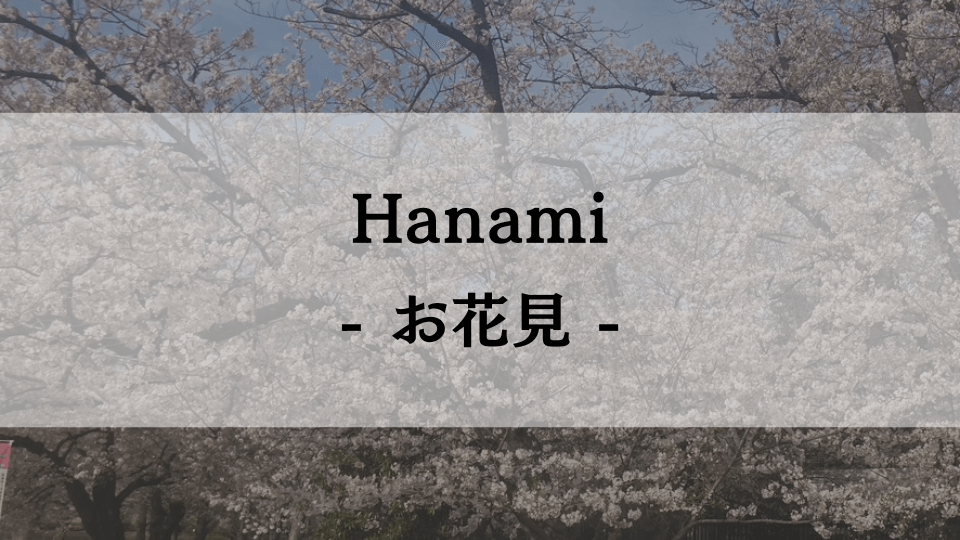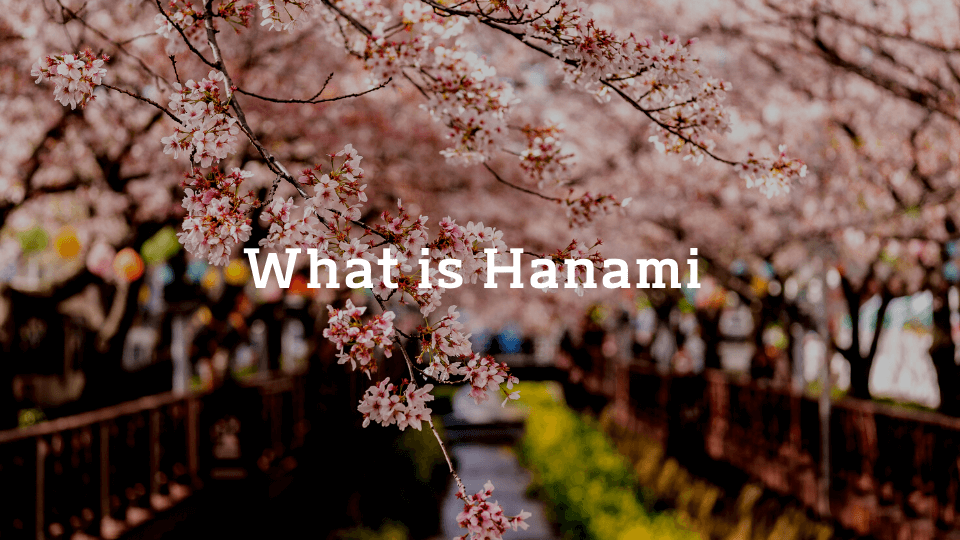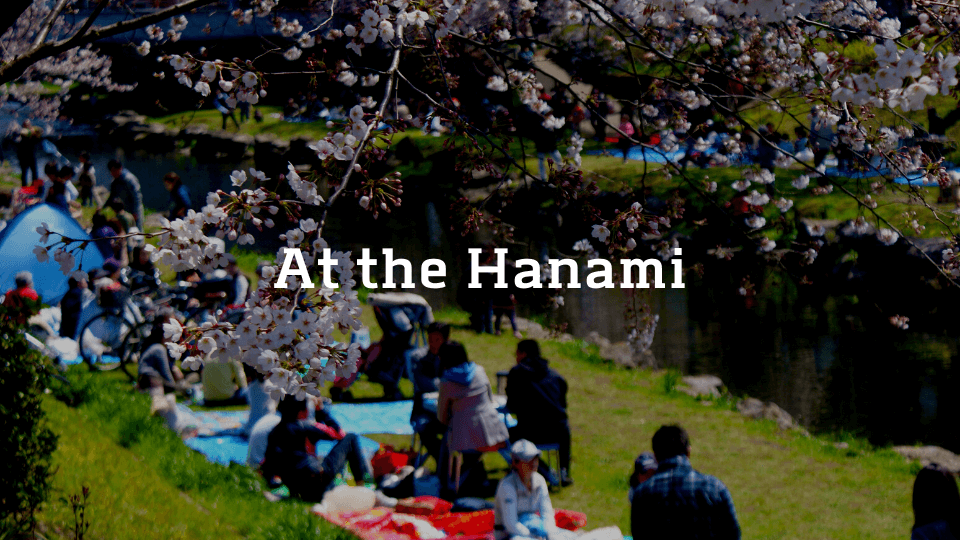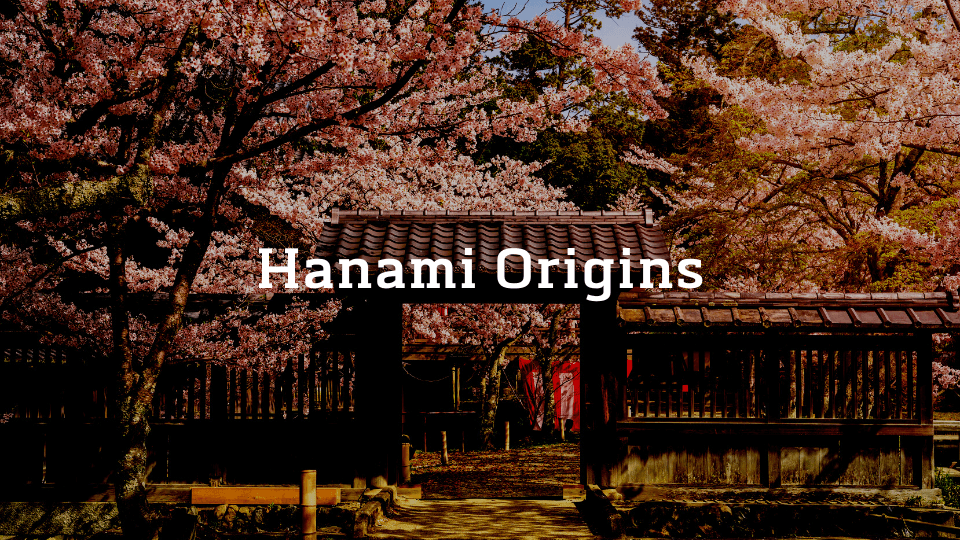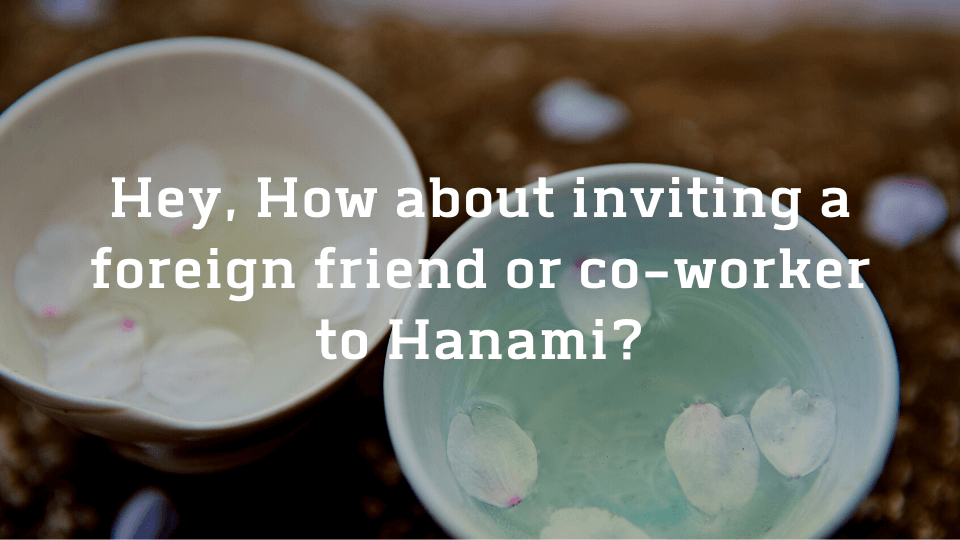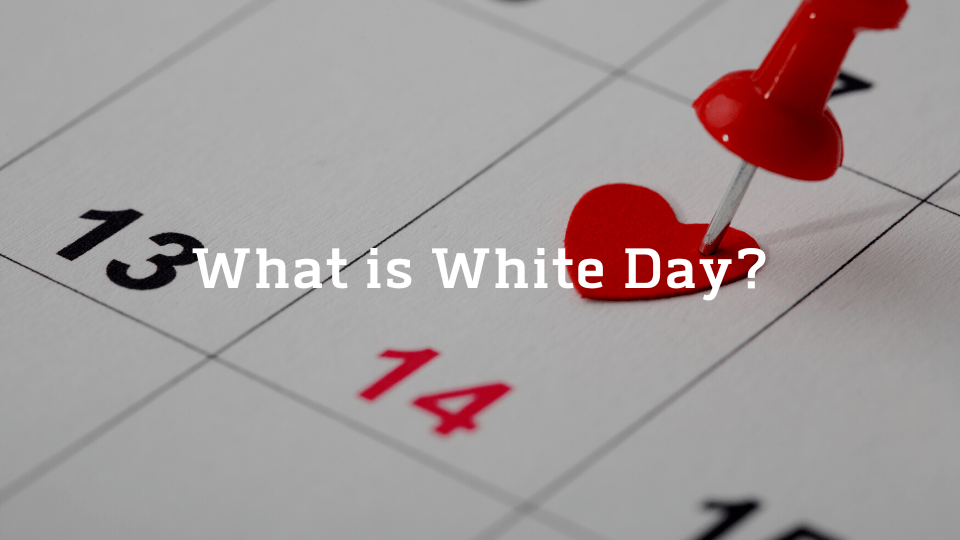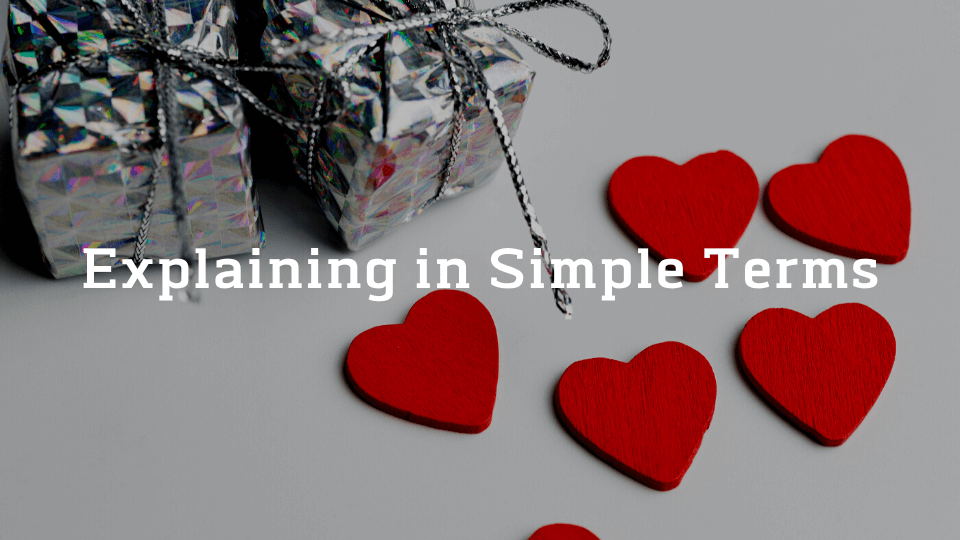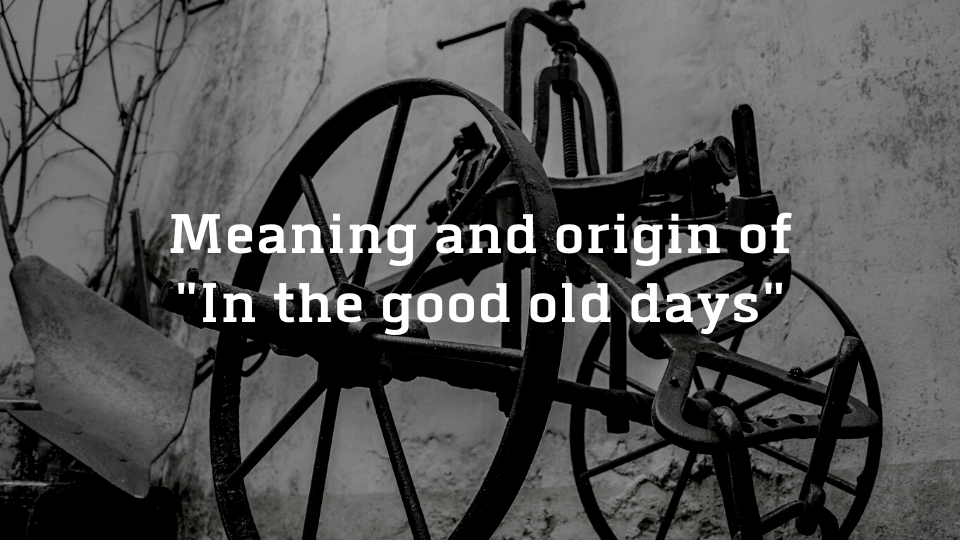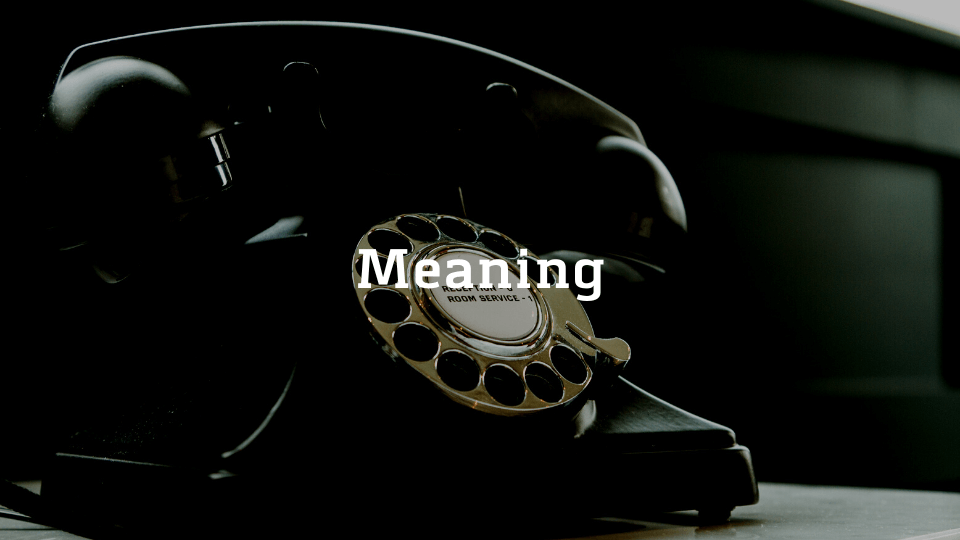【デニー先生】
今日のブログでは、友人にばったり会った時に使える英語についてご紹介します。
予期していない場所で友人に出くわした時の、反応や、言うこと・することは状況によって違うので、今日ご紹介する英語フレーズはそれに特に焦点を当てたいと思います。
また、英語学習をしている方が気にされる点として、どのようなことが失礼とされるのかについても焦点を当てていきます。
それでは、始めましょう!
「What are you doing here?」は失礼?
例えば、あなたがどこか遠い外国のバーにいたとして、そこで突然、仲の良い友人に出くわしたとしましょう。
きっとあなたは驚き、自然になぜ友人がここにいるのか気になると思います。
その場合、このように聞くことができます。
What are you doing here?
(ここで何してるの?)
その友人がいつそこに到着したのかも気になるでしょうから、下記のように尋ねることもできます。
When did you get here?
(いつここに来たの?)
しかし、これらの質問は失礼だったり少し攻撃的でしょうか?
答えはあなたの「トーン」によります。言葉自体ではなく、どのように言うかが重要です。
友好的に明るく「What are you doing here?」と尋ねれば、驚きとポジティブな感情が伝わります。
しかし、不安でパニックになった様子で尋ねると、失礼に聞こえ、そこにいることを望んでいないように感じさせるかもしれません。
つまり、もっと簡潔に答えると、あなたのトーン次第です!
「What are you doing here?」という言葉自体は失礼ではありませんが、トーンには気をつけた方が良いです。
では、「What are you doing here?」以外の言い方もみていきましょう。
「What are you doing here?」以外の言い方
言い方は状況によって変わりますので、いくつか例を見てみましょう。
【よく行くバーで友人にばったり会った場合】
Oh! I didn’t know you come here too! What brings you here?
(おー!あなたもここに来るとは知らなかった!なんでここにいるの?)
【お店で友人にばったり会った場合】
Hey! What are you shopping around for? Do you shop here often too?
(やあ!何を買いに来たの?あなたもここでよく買い物するの?)
【病院で友人にばったり会った場合】
Oh, what are you doing here? I hope you’re not sick, too!
(あれ、ここで何してるの?あなたも病気じゃないといいけど!)
【少し恥ずかしいと感じる場所で友人にばったり会った場合】
Oh this is a little awkward… what are you doing here?
(あー、これはちょっと気まずいね…。ここで何してるの?)
最後の例は、状況に応じてその場の雰囲気を読むことが必要なので、どの言語でも難しい場合がありますね!
例文に登場した「What brings you here?」は、「What are you doing here?」の代わりに使える便利なフレーズです。
ネイティブスピーカーがよく使う自然な表現なので、ぜひ覚えておいてくださいね。
生徒さんと外でばったり会った時
「ばったり会う」というトピックに関して、特に大きな経験はありませんが、買い物をしているときにたまに生徒さんとばったり会うことはあります。
その時は、普通に嬉しく挨拶しています。
上で述べた通り、言い方が最も重要です。明るく軽いトーンであれば、決して気まずくなることはありません。
彼らがそこで何をしているかは聞きません(買い物をしているのは明らかだと思うからです!)。でも彼らのことを尋ねたり、雑談をします。
まとめ
このブログでは友人とばったり会った時に使える英語フレーズをいくつかご紹介しました。
会話をスムーズに進めるための手助けとなれば幸いです。
重要なのはあなたが使う言葉そのものではなく、あなたのトーンであることは覚えておいてください。
ご紹介したフレーズも良いヒントになると思うので、ぜひ使ってみてくださいね。
実践的な英語ならケンジントン英会話
ケンジントン英会話では、教科書には載っていない、生きた表現を身に付けられます。
福岡市内の教室やオンラインで、経験豊富でフレンドリーな講師と一緒に英語を学びませんか?
実践的な英語を学びたい方はケンジントン英会話の公式サイトをチェック!
[英語原文]
What to Say in Unexpected Encounters
Today’s blog post is about unexpected encounters of the friendly kind – in other words, sometimes in daily life we bump into our friends in places we don’t expect to see them in. In these situations, how to react, what to say and what to do are all things we need to consider depending on the context, so today’s English will be focusing on specifically that, alongside focusing on what’s rude to say and how being rude is interpreted in the English language as opposed to Japanese. Let’s begin!
Rudeness and “What are you doing here?”
Let’s say that you’re at a bar in an international country, and suddenly, you bump into a friend of yours from your home country. It’s a bit of a surprise, so naturally you’d be curious as to why your friend is there.
Basically, you can just ask them “What are you doing here?” or “When did you get here?” even, as you’d probably be curious as to when they got there, too. However, are these questions rude, or are they a bit too aggressive?
The answer is more dependent on your “tone” and not necessarily what you say. If you ask your friend, in a friendly and upbeat tone, “What are you doing here?”, the feeling would be one of surprise and positivity. However, if you ask them in a nervous and panicked tone, it would come off as maybe rude and implying you didn’t want them to be there.
So, to answer the question more succinctly – your tone dictates the manners! You can say “What are you doing here?” without any worry about being rude, just be careful of your tone.
Let’s now think about other ways to ask the same kind of question in English.
Other Phrases and Examples
The things you can say depend a lot on context. Let’s look at some examples:
You bump into a friend at a bar you frequent – “Oh! I didn’t know you come here too! What brings you here?”
You bump into a friend at a shop – “Hey! What are you shopping around for? Do you shop here often too?”
You bump into a friend at a doctor – “Oh, what are you doing here? I hope you’re not sick, too!”
You bump into a friend at an establishment you might feel embarrassed about – “Oh this is a little awkward… what are you doing here?”
The final example is one that probably requires a lot of social nuances depending on the situation, so it can be tricky in any language!
Finally, one alternative way to say “What are you doing here?” is also “What brings you here?”. This is a natural phrase you might here from native speakers, so keep it in mind.
Personal Experience
Honestly, I don’t have too many personal experiences with this one, but I have occasionally bumped into some of my students while shopping. Usually it’s fine and I happily greet my students. As written above, tone is most important of all so usually when greeting students, it’s with a light and upbeat tone so it never feels awkward. I usually don’t ask them what they’re doing there (because I think it’s obvious, they’re shopping!), but I ask them how they are and make small talk.
Conclusion
Hopefully with the above phrases and explanation on manners you’ll now be armed with the ability to handle unexpected meetings in English more smoothly. Just remember – your tone is the key, not necessarily the words you say, but the phrases should give you a good guideline as to what kind of vocab we use when we bump into someone.
~*~*~*~ \ Follow me / ~*~*~*~
Instagram : @kensington_eikaiwa
Twitter : @Kensington_Eng
Facebook : @kensingtoneikaiwa
YouTube : KENSINGTON英会話
~*~*~*~*~*~*~*~*~*~*~*~*~*
◆お問い合わせはこちら
ケンジントン英会話:お問い合わせフォーム


























